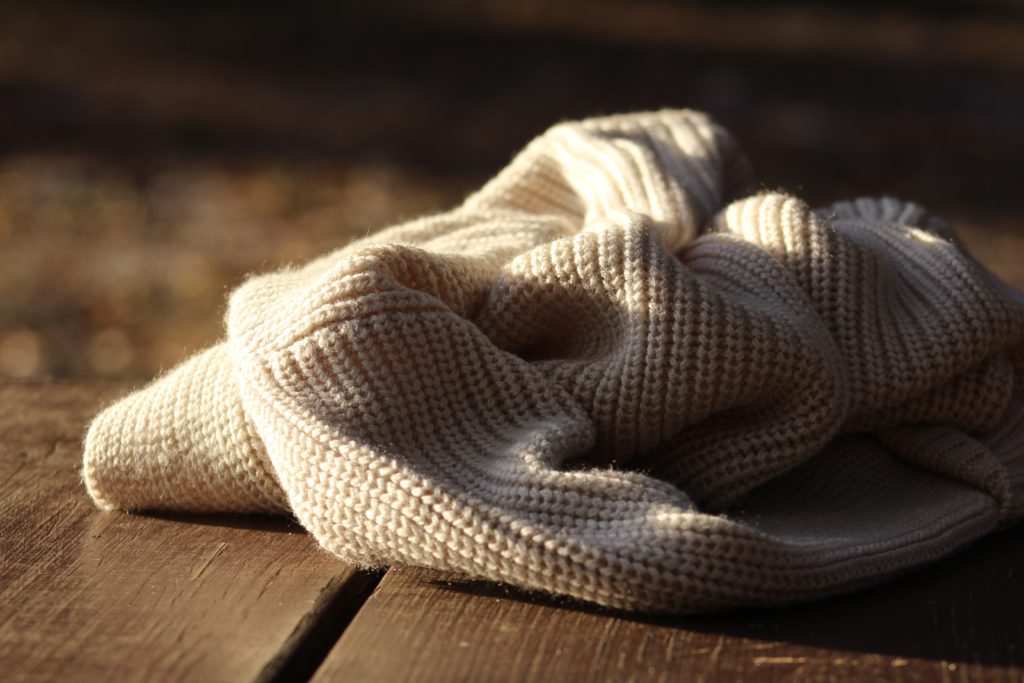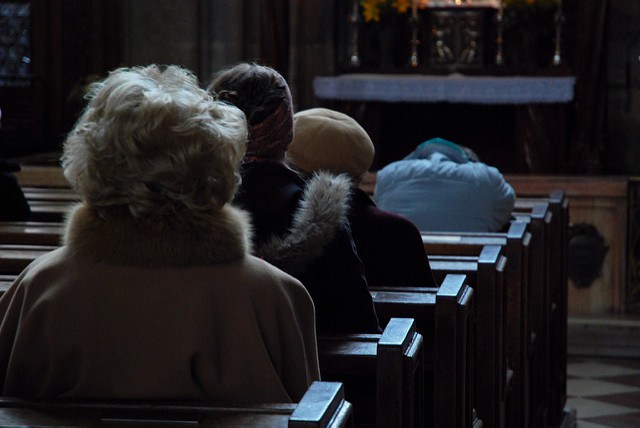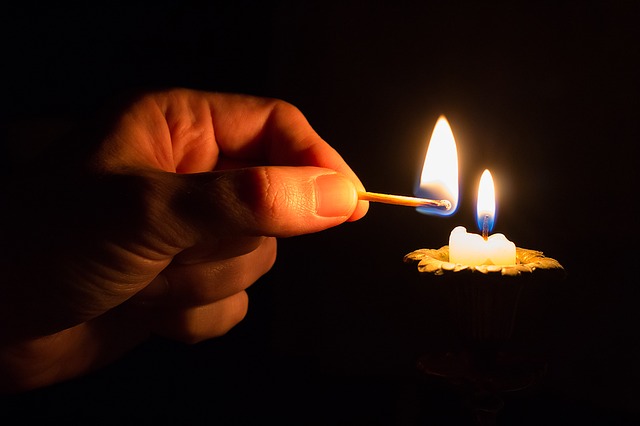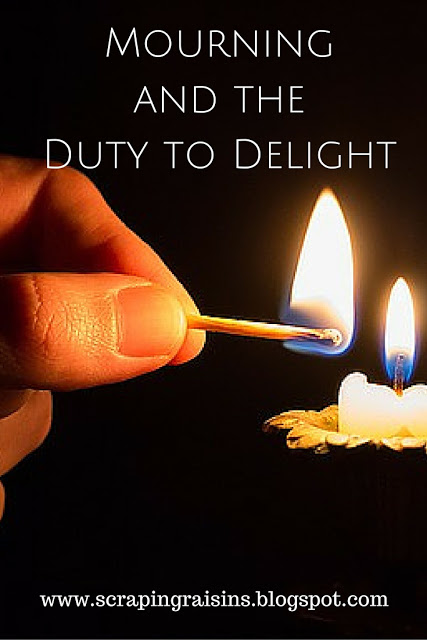
By Heather Legge | Instagram: @heatherand2girls
Hospitality growing up was backyard grilling, a living room full of people eating Christmas cookies after a local community concert, encouraging cards written to friends and family, bowls of popped corn for teenage sleepovers, and a listening ear. It was not unusual for neighborhood kids to be playing in the yard even if we weren’t there, or for a kid to walk in and open the refrigerator for a snack. I truly believed this would be the story of my adult life – partly because I have so many happy memories and partly because it was the example I was given.
In my early years growing up, my mom had an open door. Friends came in and out and all the kids of my parents’ friends were friends. If someone needed help, it was given without hesitation; everyone took care of each other. We moved to New England when I was eight and the houses were a bit more spread apart than the close-knit neighborhood I started life in. Regardless, if someone had a new baby, my mom was there.
If someone came over, the door was open.
When my friends wanted a place to hang out, it was our house. Even in the four years that she battled ovarian cancer, my mom opened her heart and home to others.
I moved south after college and quickly got engaged to be married. The easy-going way of hospitality that I knew was exchanged for china dishes, elegantly casual attire, formal wedding and baby showers, closed doors, unspoken rules, and enormous homes kept pristine by cleaning services. I was in culture shock and my mom had died a couple years before, so I couldn’t ask her if this was some kind of new normal and what was expected of me.
When I became a wife and then a mother, I was so overwhelmed that I rarely invited people over. I was ashamed of my house not being perfect. Even when people dropped off meals after my babies were born, I felt silent judgment for not having it all together. I was also confused because the visits seemed to be for the purpose of holding the babies and not for actually helping. This is not the way my mom did it. If she brought a meal to a new mom or someone who had been sick, she was also washing the sink full of dishes or doing a load of laundry.
I began a small rebellion in my late twenties by hosting college students and purposefully leaving dishes in the sink, piles of clutter lying around, and occasionally some laundry that needed to be folded. This was real life and I was determined to show that it was not about having an impeccable home and well-designed plans. I was going counter-culture and it felt good and right. I reclaimed my dream of my kids getting older and eventually having an open door and yard for their friends and my neighbors. We moved into a small neighborhood with cul-de-sacs and even though there were no kids nearby, I knew they would eventually come.
My home would be the one with the swinging door and coffee on the porch, backyard barbecues, and the sounds of kids playing. But, just as we all find ourselves in situations that were not what we dreamed of, so did I.
Divorce, moving from my neighborhood to an apartment complex, and a difficult illness took away my hopes of an open door and yard. I probably spent too many years grieving this and other losses, but that doesn’t mean that new dreams can’t be imagined.
It’s easy with a chronic illness to become isolated and lonely and to feel forgotten. I am exhausted all the time and my income is impossibly small, both of which make it difficult to go out or to provide for guests. I found myself not making plans to go out in my free time in case I didn’t feel good. I didn’t invite people over for the same reasons. I would sit at home, alone, feeling sorry for myself.
There are definitely times where rest has to be my number one priority, but I also need to revisit hospitality and what it means now.
My new-to-me-life equals new-to-me-ideas about hospitality. It’s more about opening my heart and making places wherever I am, whether at home, a coffee shop, at work, a friend’s house, or out in the community. If I am already going to be somewhere, I can find a way to make it a place of welcome; extend myself as a welcoming person. It’s even possible to do hospitality from afar by writing notes. Who doesn’t love finding a card in the mailbox amidst bills?
My heart softened a couple years ago when I had made plans to get together with another mom at my church. We hadn’t met, but had messaged on Facebook a few times, realizing we had some things in common. We made plans to meet for coffee. On the day we were meeting, I woke up feeling unwell. I texted her and let her know that I didn’t think I’d be able to go out and meet but that she was welcome to come to my apartment. She showed up, and I answered the door still in my pjs.
I welcomed her, handed her a blanket to use while sitting on my couch, and climbed back into my comfy chair under a pile of blankets and a heating pad. I felt like the epitome of a bad host, but I also didn’t want to pass up an opportunity to make a friend and to extend welcome no matter the circumstances. As my new friend got ready to leave, she told me she had never felt more cozy and welcomed than she had that morning, simply because there were absolutely no expectations. She could be completely herself because of how low-key it was. I was astonished. I could do this!
I lovingly refer to this now as “blanket hospitality.” If you come over, make yourself comfortable on my couch with blankets and pillows and conversation. We might have coffee or popsicles. All are welcome, and you will see my piles and messes, but maybe that’s just what we need to do to show others that no one is perfect and that the relationship is far more important than appearances.
About Heather:

Heather Legge is originally from New England, but currently lives in Virginia with her two girls. She tries to make places in her heart for those who are hurting. She loves reading, coffee, and is learning to play the violin. You can follow her on Instagram at @heatherand2girls.
Photo by Victoria Bilsborough on Unsplash






